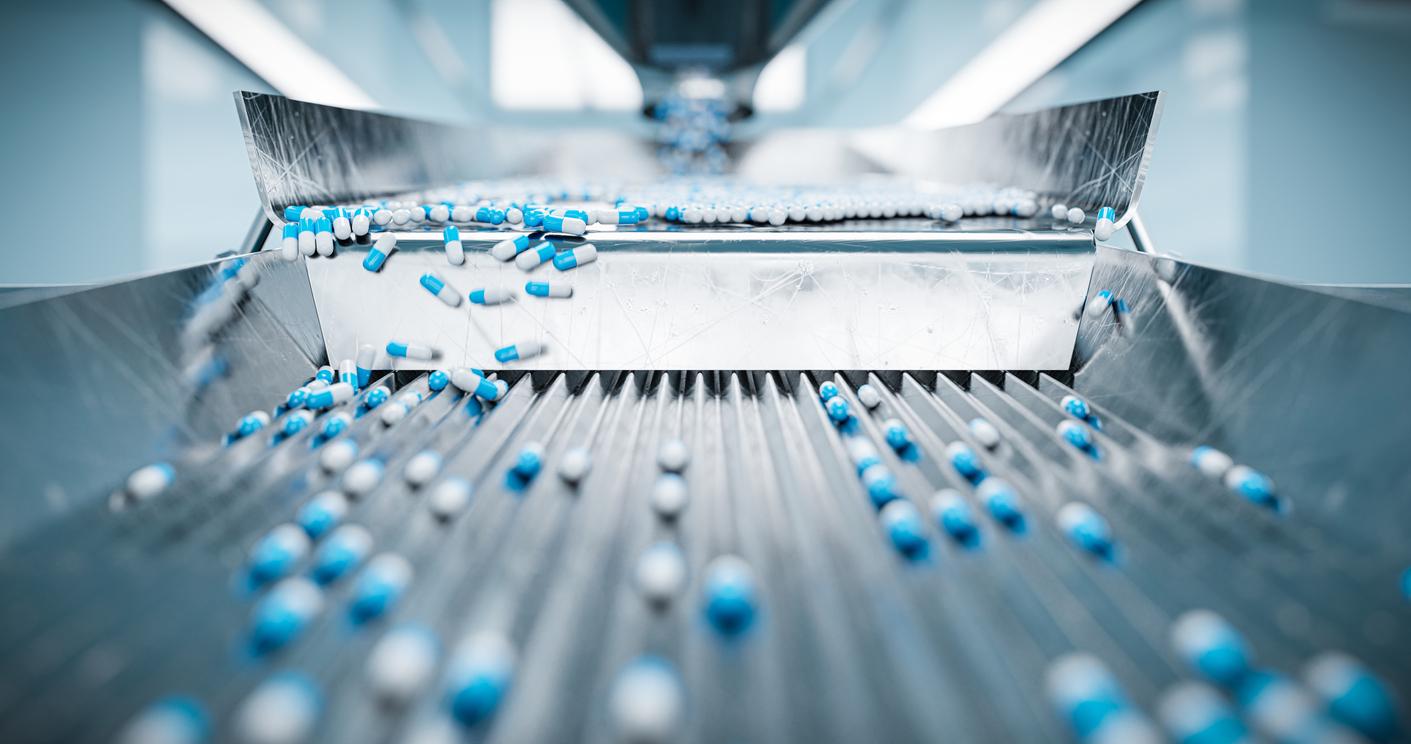The German car brands have seen that scarcity works well
It can’t have escaped your notice that the car industry is struggling with the same problem that can kill a movie night: a shortage of potato chips. But where you can still switch from bell pepper to natural, car manufacturers only want computer chips. Due to the shortage, the factories can produce less and there is a scarcity. This drives up the prices of new cars in the showroom. BMW and Mercedes see that people keep coming despite the higher prices, and want to keep the prices high.
BMW and Mercedes want to remain expensive after chip shortage
Harald Wilhelm, Chief Financial Officer at Mercedes parent company, tells the Financial Times: ‘We will deliberately supply less than demand and we will shift to more luxurious and higher segment cars.’ A CFO at BMW says to FT that they intend to continue “the way we manage supply to keep our pricing power at current levels.”
Wilhelm adds: ‘One day the semi-problem [semiconductors, of halfgeleiders, de officiële naam van de chips] disappear and we will continue with prices, margins and focus on the mix.’ So they want to keep the cars more exclusive by producing less. In addition, the brands mainly want to sell the more expensive models and versions, so that they can also grab more margin. Actually a trick that Ferrari has been using for years.
Less discount means a lot of profit
According to the article, the car brands see that due to the scarcity, significantly fewer discounts are given at the dealers. The newspaper talks about an average discount of 15 percent that dealers gave. For every percent that that average decreases, automakers are left with $20 billion in extra profit. By maintaining the scarcity, the dealers no longer have to give as much discount and more money comes in the drawer.






















